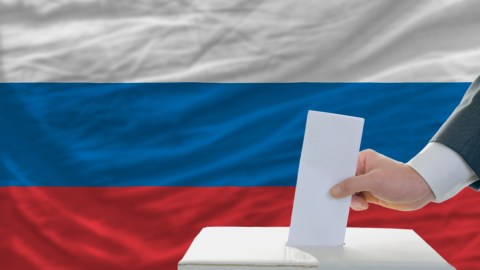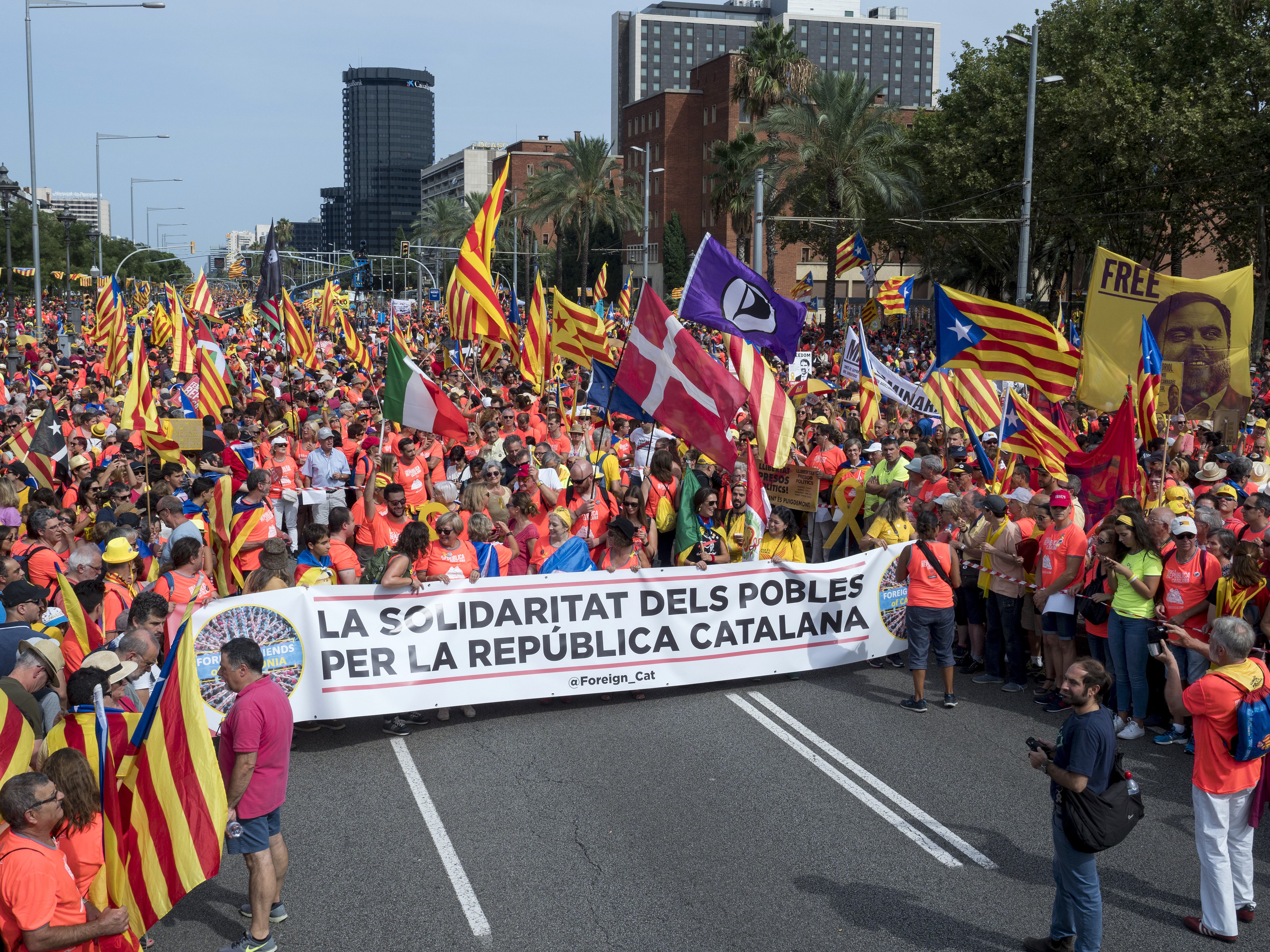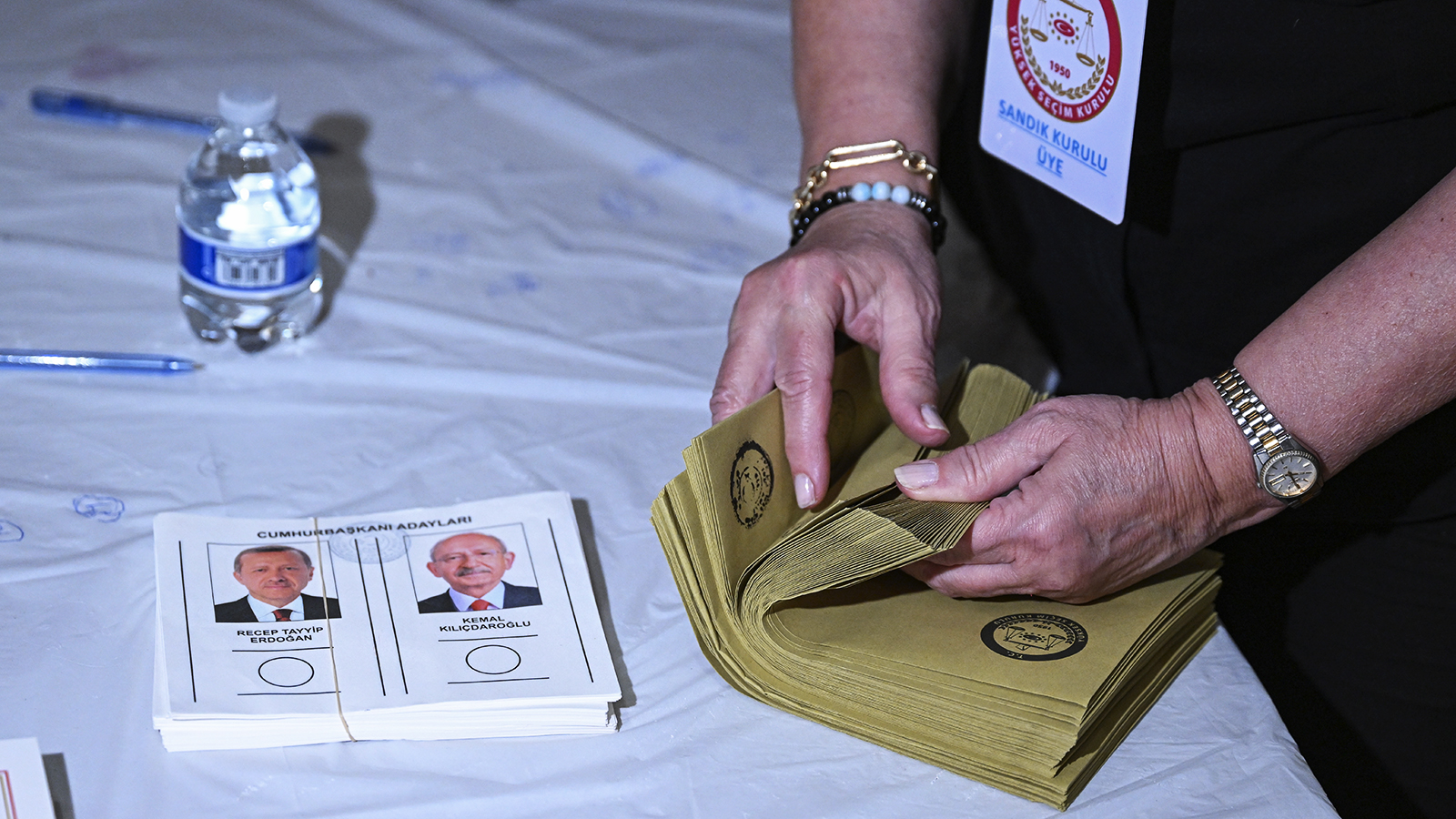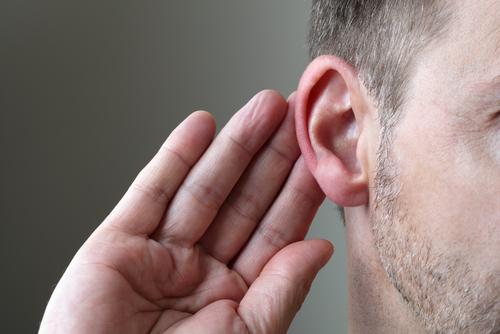The End of Election Day Will Mark the Beginning of Putin’s Fight

What is the Big Idea?
Vladimir Putin’s waning popularity is prompting the opposition to allege that voter fraud is the primary explanation for his inevitable win in Sunday’s presidential elections. An unprecedented number of volunteers will be on deck to monitor polling stations and prevent ballot stuffing.
But Mark Galeotti, expert on modern Russia and NYU professor, says that Putin has already ensured his win in other ways and election day mischief won’t amount to very much. In fact, he said that election fraud accounted for only 5 percent of the total vote in December’s parliamentary elections.
“I don’t see the likelihood of mass vote-rigging or the like,” said Galeotti. “But instead the Kremlin is doing what it can to make sure that there is not a level playing field.”
So how are they doing this?
“TV is predominantly state-controlled and demonstrates a heavy bias towards Putin. Opposition activists, especially in the provinces, away from the gaze of the foreign media often face problems with the police and local authorities,” said Galeotti. “Also there are some constituencies whom the state can influence such as the military, civil servants, Chechens, and they are getting clear implicit warnings that they had best vote the ‘right’ way.”
What is the Significance?
The election is just the beginning of a long political fight between Putin and his opposition, says Galeotti.
“The key point is that we might see the opposition move from relying pretty much entirely on street protests, which are fun and feel-good but have little wider political impact, and actually starting to put together a nation-wide political machine ready for the next elections,” he said.
Even with Putin’s win as a foregone conclusion, Russia’s presidential election has inspired a civil and creative awakening in Russia. Mass protests, human chains around Moscow, election day volunteers and musical acts like the all-girl punk band Pussy Riot are signs that Russians are fed up with Putin and they’re not afraid to make some noise about it. The shouting is about to reach a fever pitch as protestors take to the streets after Sunday’s elections.
Early protests were mostly seen as a middle class fight against Putin. The girls in Pussy Riot are young and college educated. But now, the working class is jumping into the fray, according to Moscow resident Khristina Narizhnaya. The 10 mile ring road of protestors from last Sunday’s demonstration was a diverse mix of Russians, not just the middle class.
Still, she says don’t expect a Russian version of the Arab Spring.
“These people have nice apartments and iPods,” said Narizhnaya, who is also a freelance journalist. “These people are not going to kill themselves over democracy.”
Protestors “complained not about the shortage of food and clothes as their predecessors did, but about the lack of rule of law and institutions in the country,” according to a recent article in The Economist. These demands set the Russian protests apart from those in the Arab world.
“They are restrained and orderly, as befits their mostly middle-class, internet-using participants. A few rabid nationalists aside, these are not revolutionaries demanding the overthrow of a regime, as in 1917,” notes The Economist. “They are ordinary Russians who have enjoyed the fruits of a decade of economic growth but yearn for more political freedom, a more accountable state, less vote-rigging and less corruption.”





